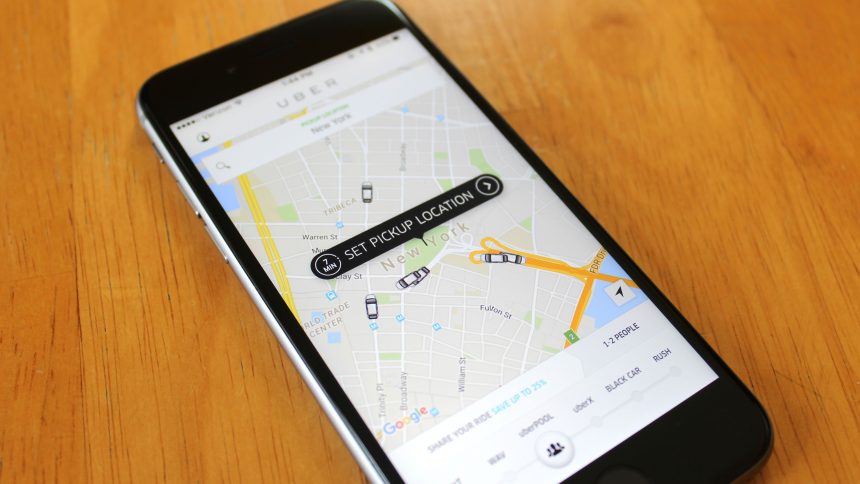Both Uber drivers AND riders all have different experiences and stories to tell. Riders constantly complain about Uber drivers being rude, unfriendly and lacking knowledge of using Map applications. Ghanaian Uber drivers on the other hand also tell stories of verbal abuse from Uber riders and lack of courtesy and manners shown during trips.
Today, on their blog, Uber rolled out some of its guidelines for bother Uber drivers and riders to adhere here. Here are the guidelines as written in the Uber blog:
Respect each other:
Mutual respect is key and under no circumstances should riders or drivers disrespect the other. Vehicles used on the Uber app belong to the driver-partners and they take pride in keeping their vehicles in good condition for riders to be comfortable. Therefore, riders should respect the vehicle they are in and should leave the vehicle in the condition in which they found it.
Unruly behaviour such as damaging the vehicle is not tolerated. Using bad language is also not allowed. Being aggressive or discriminatory can also get a rider banned from using the app. Uber does not discriminate against gender or race, and any rider that does not share the same sentiments is not welcome on the app.
Give riders and drivers some personal space:
Although friendly conversation doesn’t do any harm during a trip, respect should be upheld at all times. Both riders and drivers should give each other space and should not make each other feel uncomfortable. Uber has a ‘no sex’ rule, meaning there should be no sexual conduct between drivers and riders. That includes flirting and touching from both parties. Other physical contact such as hitting or attempting to hurt a driver is also forbidden.
To ensure anonymity and to maximise safety, Uber does not allow riders and drivers to view each other’s personal details, such as cell phone numbers, via the app. Sending an SMS, calling, or visiting someone in person after a ride has been completed is not allowed. Personal space needs to be respected.
Safety first:
Getting to a destination safely is a top priority. This is why drivers need to adhere to the rules of the road for example, by sticking to the speed limit, not driving under the influence of alcohol or drugs, and not texting while driving. Drivers should always take a break if tired.
Riders should play their part by wearing their seatbelts and not trying to cram in extra people when there aren’t enough seat belts. Riders also need to refrain from bringing alcohol or banned substances into the vehicle, and should not ask a driver to go faster than the speed limit.
Children must be supervised:
Those under the age of 18 can take an Uber with adult supervision, but cannot have an Uber account themselves. Parents or guardians need to accompany children at all times. Going forward, if Uber finds that an unaccompanied minor is the account holder the account will be immediately deactivated. If Uber finds that the rider is under the age of 18 but the account holder is a third party that is over 18, Uber will remind the account holder of Uber’s policy and deactivate their profile after a second warning.
Feedback makes us all better:
Giving feedback allows Uber to know what the rider is satisfied or dissatisfied about, that is why both drivers and riders should always provide feedback after a trip. When people know that they are been rated, they become conscious of their behaviour and become accountable for their actions. Accidents, incorrect fair charge or arguments should be reported by simply tapping the help button in the app. There is a customer support team that is always ready to assist.
Upon learning of an infringement, Uber will contact the rider to investigate. Depending on the nature of the issue the rider’s account may be placed on hold during the investigation. Should the concern involve a serious offence such as involving violence, sexual misconduct, harassment, discrimination, or illegal activity the account can be deactivated and authorities will be notified. Uber will provide any information the authorities require to assist them in their investigation.
Uber Ghana may need to do more than outline guidelines and maybe perhaps push for a wider campaign on radio and television to bring awareness to its guidelines.
Source: Uber Blog










